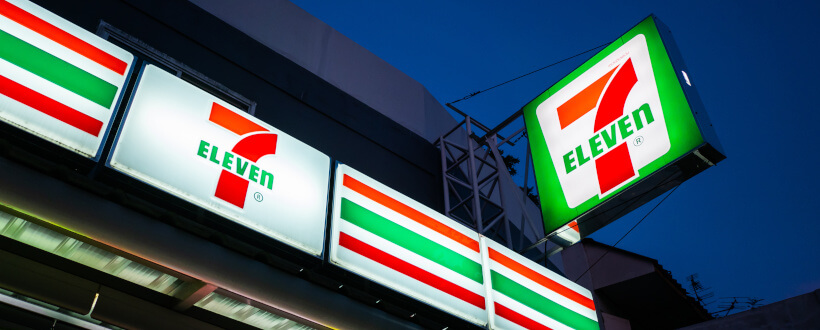On December 8, 2021 the Massachusetts Supreme Judicial Court heard oral arguments in a case(1) where 7-Eleven franchisees claimed they were actually employees under Massachusetts law. If the 7-Eleven franchisees were employees, then franchisees would be entitled to the protections of Massachusetts employment laws.
Starting in federal district court, a putative class of franchisees sued 7-Eleven for violations of the Massachusetts wage laws. The Plaintiffs argued that 7-Eleven exerted so much control over its franchisees that they were essentially employees. The district court agreed with 7-Eleven that franchisees are not employees and recognized that certain control, as a trademark licensor, is required. The franchisees appealed to the First Circuit Court of Appeal. Rather than deciding on their own, the First Circuit asked the highest Massachusetts state court to decide a question of state law:
(1.) Whether the three-prong test for independent contractor status set forth in Mass. Gen. Laws ch. 149 § 148B applies to the relationship between a franchisor and its franchisee, where the franchisor must also comply with the FTC Franchise Rule.
In opposing the appeal, 7-Eleven argued that a franchisor that complies with both the FTC
Franchise Rule(2) and the Lanham Act(3) cannot rebut the employment presumption of the state’s independent contractor law (“ICL”), and thus be in an impossible situation with absurd results. 7-Eleven further argued that converting franchisees into employees would eviscerate franchising in Massachusetts; that the Legislature did not intend the ICL to outlaw franchising; that the ICL does not apply to franchisors subject to the FTC Franchise Rule; and that the ICL does not apply where the three-pronged test would render illegal a relationship that the federal government recognizes as legal.
The importance of this case attracted numerous friend-of-the-court briefs, mostly supporting(4) the position of 7-Eleven. Of note, the Massachusetts Attorney General took the side of the franchisees. The FTC weighed in with a brief in support of neither party, taking the position that the FTC Franchise Rule does not resolve whether franchisees may be employees under Massachusetts wage laws.
But the highest court of Massachusetts seemed skeptical of Plaintiff’s argument. Justice Scott Kafker raised concerns about extending legal protections to people who operate individual franchises, particularly when they own multiple stores and have their own employees. Justice Kafker continued, “I’m very sympathetic to the little guy who is working in all these stores … but I have very little sympathy for your argument that would convert entrepreneurs into employees.”
No decision has yet been issued.
Alan L. Poliner, Esq. is an experienced business litigator and provides legal counsel to franchisors and franchisees in New Jersey.
(1)Dhananjay Patel, et al. v. 7-Eleven, Inc., et al., Massachusetts Supreme Judicial Court, SJC-13166.
(2)16 C.F.R. §436.1, et seq.
(3)The trademark act – 15 U.S.C. §1051, et seq.
(4)Chamber of Commerce of the United States of America; International Franchise Association;
National Federation of Independent Business Small Business; Financial Services Institute, Inc.;
Life Insurance Association of Massachusetts, Inc.; American Council of Life Insurers;
Securities Industry and Financial Markets Association; Retailers Association of Massachusetts;
National Association of Insurance and Financial Advisors; Dunkin’ Brands, Inc.;
Retailers Association of Massachusetts














